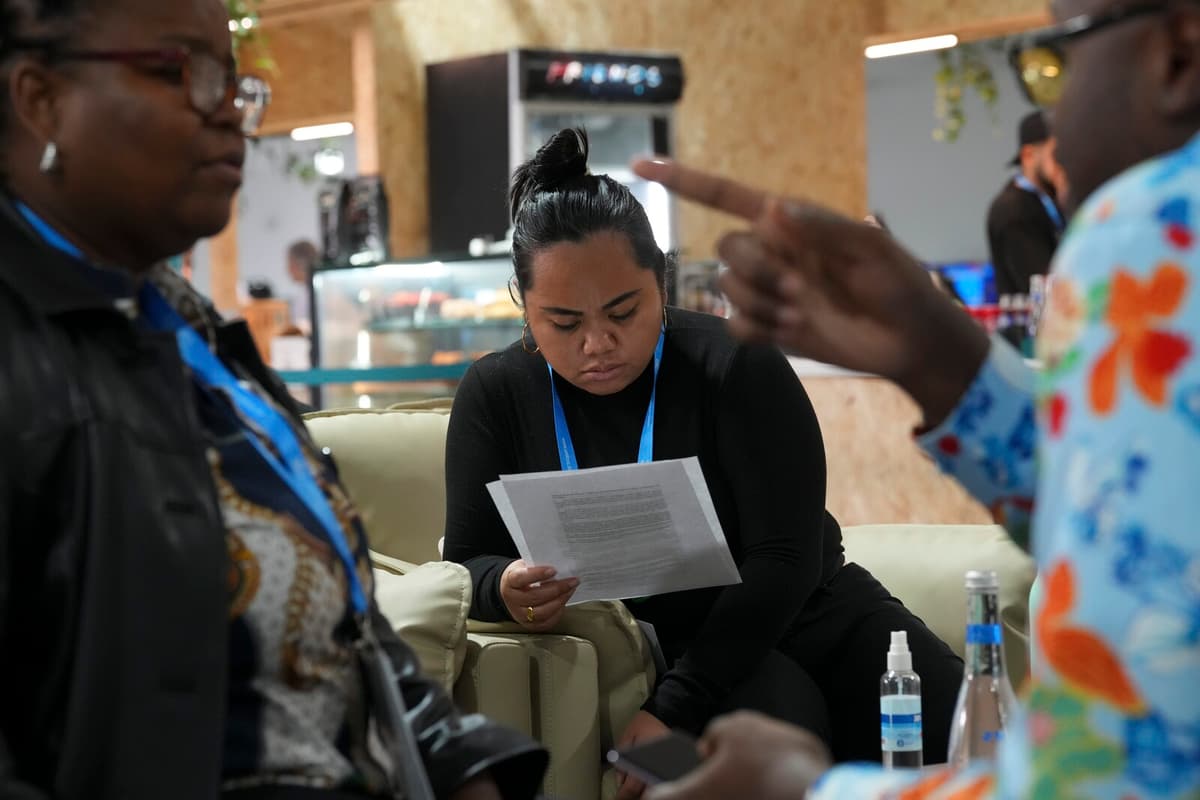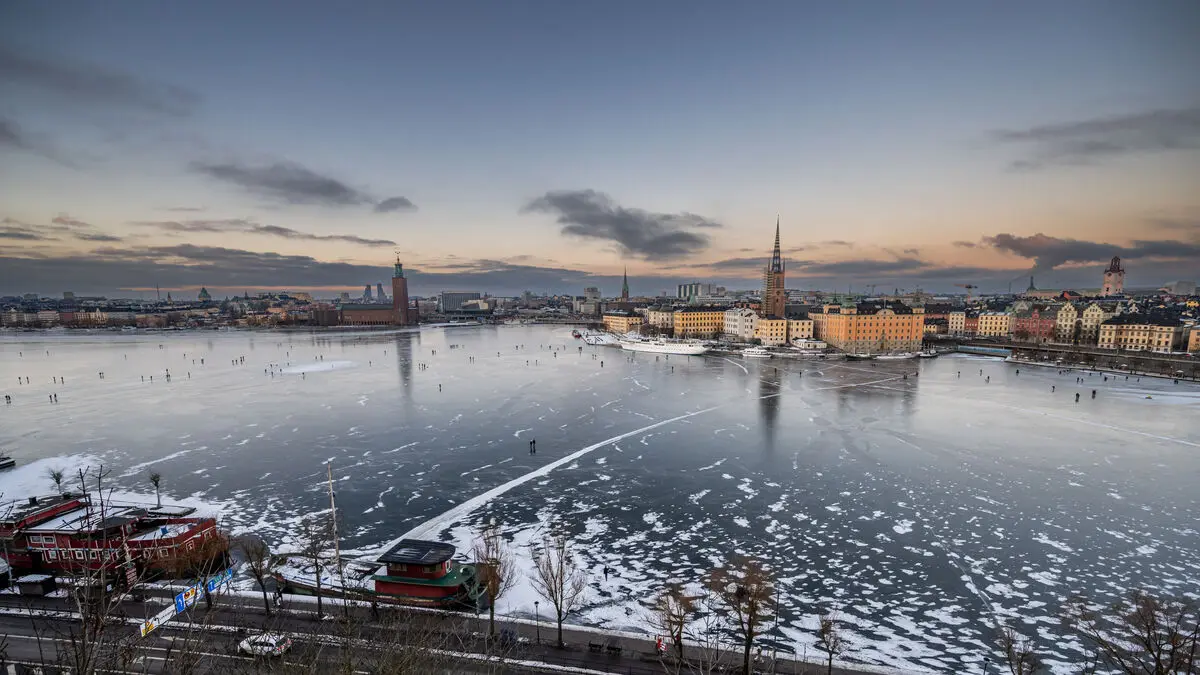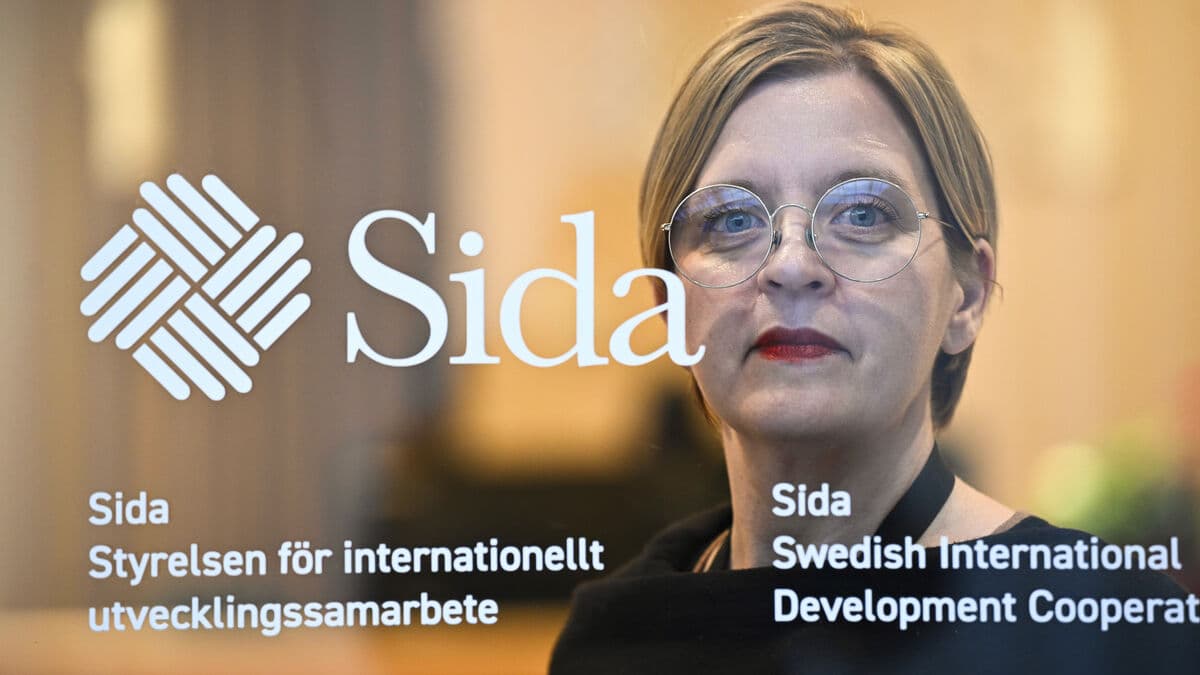On Thursday, frustrated comments were heard from many of the representatives on site in Baku, Azerbaijan. The plan is for the negotiations to be finalized on Friday. But Mathias Fridahl, lecturer at Linköping University, who serves as an observer for COP29, says that with "99.9 percent probability" it will drag on.
At the earliest, I would say Saturday afternoon, but it's likely to drag on until Sunday.
"Unusually tough"
The crucial conflict concerns the financing of climate measures for poor countries.
A new draft was presented on Friday, where a concrete sum – 250 billion dollars annually from the rich countries until 2035 – was mentioned for the first time. This can be compared to the current goal of 100 billion dollars annually.
Furthermore, a concrete goal of a total sum of 1,300 billion is mentioned, where the 250 billion is the base and the rest includes private investments.
Sweden's Climate Minister Romina Pourmokhtari (L) is cautiously positive:
"We note the proposal to broaden the donor base to also include developing countries, as well as a goal of 250 million dollars per year. This could be a step in the right direction," she says in a written comment.
1.3 billion is the amount that poor countries have also demanded, but mainly in the form of donations from the rich countries. The EU and Japan, on the other hand, have not even wanted to discuss a figure, until richer developing countries like China and India agree to contribute.
The feeling is that it's unusually tough, says Fridahl.
Fridahl notes that none of the parties are unreasonable in their demands, but that everyone knows that a compromise must be reached.
No one will be satisfied with it, everyone will be dissatisfied when they go home
Several brakes
The host country Azerbaijan has also been criticized for not driving the issue of fossil-free energy hard enough. Both the EU and the USA have criticized the proposals on the table for not being sharp enough. Saudi Arabia, India, and China are pointed out as brakes.
Norman Martín Casas at the aid organization Oxfam is worried about the lack of progress, but says he is optimistic and sees that some parties have taken a more flexible stance.
We must keep in mind that when people are pressed, tired, and emotional, things can happen. We must hope that they act in a constructive spirit and don't do anything rash.






